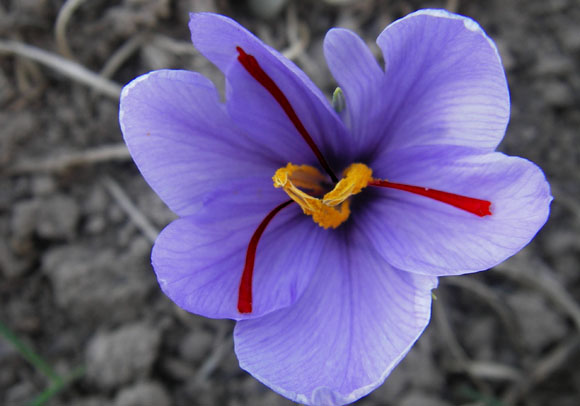Saffron Health Benefits: The Sweet Secrets of the “Red Gold”
From the time being, saffron has not only been named as one of the royal ingredients in any lavish kitchen, it has also been treated royally for its amazing health benefits. From ancient sagas to recent studies, health benefits of saffron are well proven to believe in now. Some of them are sure to surprise many who used to think saffron can only make a dish look and smell delightfully.
Saffron: For Enhanced Eyesight
In a quite recent study, it has been found that, consumption of saffron delays the degradation of eyesight due to age. It also helps in the cases of macular degeneration. Thanks to its anti-oxidant features, saffron works on even modifying some related genes to increase the health and strength of the eye tissues. Plus, in a common sense, the rich orange-red color suggests a good lot of carotenoid, which makes both carrots and saffron friendly for younger eyesight.
Saffron: For Demeaning Depression and Insomnia
Traditionally, in many countries, saffron has been used as an anti-depression element for centuries. Studies say, the fluoxetine, an active constituent of saffron, helps in soothing down the stressed nerves and in settling down from wearies and worries. Though this concern is still under extensive investigation to find out the possible side-effects, if any; a warm glass of milk with a little saffron in it has been a long tradition in countries like India to invite a good night’s sleep.
Saffron: For a Better Bowel
Health benefits of saffron surely include a better bowel experience over all. From an improved digestion to gas and acidity problems to even an expansion of effects towards kidney and liver, multiple researches show hints that saffron intakes help all of the mentioned ones. Saffron has a good reputation of being a blood purifier and to be supportive to have control over blood pressure, which results in over all health of the internal system.
Saffron: For Avoiding Alzheimer’s Disease and Improving Memory
Alzheimer’s disease is surely one of the cruelest one that destroys memory and plays with it. Since saffron is rich in crocin and crocetin, which are responsible to develop the performance of brain in terms of increasing the capability of processing memories. Saffron can be one natural way for the elderly ones to be in health with an active memory.
Saffron: Cure for Cancer
Saying that saffron cures cancer will definitely be an exaggeration, but it lends a hand to have the disease of the diseases in check. There have been cases where saffron and its goodness of anti-oxidant enzymes helped the body to create a protection against tumors. Potential tumors that may turn into cancer may face a barrier while spreading because of saffron’s presence. More researches are taking place to have specific data about this health benefit of Saffron.
In many of the saffron manufacturing countries, especially in Morocco, it is called the “Red Gold”, not only for its economical importance to them, but also for its exclusiveness as an ingredient.

